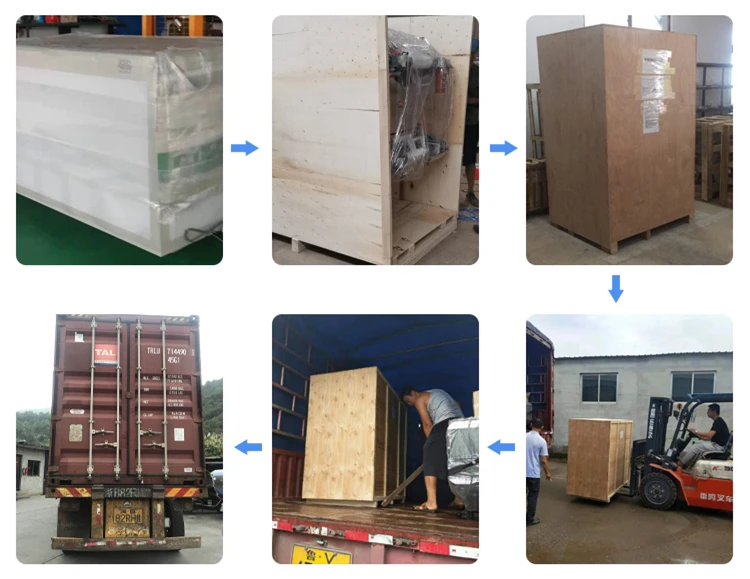Benefits of Cage-Free Poultry Farming for Animal Welfare and Sustainable Practices
Nov . 18, 2024 22:46 Back to list
Benefits of Cage-Free Poultry Farming for Animal Welfare and Sustainable Practices
The Rise of Cage-Free Poultry A Shift Towards Animal Welfare
In recent years, the poultry industry has witnessed a significant transformation driven by consumer demand for ethically-produced food. The movement towards cage-free poultry farming has gained momentum, with more people becoming aware of the living conditions in which chickens are raised. Cage-free systems not only focus on animal welfare but also promote environmental sustainability and improve the quality of the eggs produced. This article explores the implications of this shift and why cage-free poultry is becoming an essential part of modern agriculture.
Understanding Cage-Free Farming
Cage-free poultry farming refers to systems where hens are not confined to traditional battery cages, allowing them more space to move around, spread their wings, and engage in natural behaviors. In such environments, birds can roam freely within a barn, which fosters a more natural lifestyle compared to their caged counterparts. This method of farming aligns with the principles of animal welfare, aiming to reduce stress and instances of aggression associated with cramped conditions.
The shift to cage-free has been embraced by numerous companies, retailers, and consumers alike. Major brands and grocery chains are increasingly pledging to transition to cage-free eggs, recognizing the growing concern for animal rights. This movement is not merely a trend; it reflects changing societal values regarding food production. As consumers become more educated about where their food comes from, the demand for cage-free options continues to rise dramatically.
Benefits of Cage-Free Systems
1. Animal Welfare The primary advantage of cage-free systems is the significant improvement in animal welfare. Hens in cage-free environments experience lower levels of stress, which can lead to better health outcomes and increased egg production. They have the freedom to engage in natural behaviors such as nesting, foraging, and dust bathing, which are critical for their mental and physical well-being.
2. Higher Quality Eggs Eggs produced by cage-free hens are often regarded as higher quality. Studies suggest that cage-free eggs have richer flavors and firmer textures. Quality improvements can be attributed to the hens' better living conditions, which affect their overall health and, consequently, the quality of their eggs.
cage free poultry

3. Environmental Impact Cage-free poultry farming can also have a positive impact on the environment. Although it requires more space and resources than traditional methods, it often leads to sustainable farming practices. Cage-free farms are generally more inclined to adopt environmentally friendly practices that contribute to soil health, biodiversity, and reduced pollution.
4. Consumer Demand As societal awareness around food sourcing increases, consumers are willing to pay a premium for cage-free products. This shift incentivizes producers to adopt cage-free methods, creating a positive feedback loop that pushes the entire industry toward more humane practices.
Challenges Ahead
Despite its many benefits, transitioning to cage-free poultry farming is not without challenges. There are economic implications for producers who must invest in new infrastructures, such as more sizable housing and feeding systems. Farmers face financial hurdles when converting existing facilities to meet new welfare standards. Additionally, consumers may still be skeptical about the price increase often associated with cage-free eggs.
Moreover, transitioning the entire industry to cage-free will be a gradual process. Regulatory changes and industry standards will need to adapt alongside consumer demand to facilitate this shift. Nonetheless, the momentum continues to build, and many advocates are committed to pushing for changes that align with ethical farming practices.
Conclusion
The movement towards cage-free poultry is not just a passing fad; it signifies a broader shift in societal values, emphasizing ethical treatment of animals and sustainable food production. By choosing cage-free options, consumers contribute to a more humane farming system that prioritizes animal welfare while also delivering higher quality products. As more companies embrace this change, the future of the poultry industry looks brighter, showing that compassionate choices can lead to substantial yet positive transformations in agriculture. With continued advocacy and consumer support, cage-free poultry farming can become the norm rather than the exception, paving the way for a healthier and more ethical food system for generations to come.
-
Automatic Feeding Line System-Pan Feeder Nipple Drinker|Anping County Yize Metal Products Co., Ltd.
NewsJul.29,2025
-
Hot Sale 24 & 18 Door Rabbit Cages - Premium Breeding Solutions
NewsJul.25,2025
-
Automatic Feeding Line System Pan Feeder Nipple Drinker - Anping County Yize Metal Products Co., Ltd.
NewsJul.21,2025
-
Automatic Feeding Line System Pan Feeder Nipple Drinker - Anping County Yize Metal Products Co., Ltd.
NewsJul.21,2025
-
Automatic Feeding Line System - Anping Yize | Precision & Nipple
NewsJul.21,2025
-
Automatic Feeding Line System - Anping Yize | Precision & Nipple
NewsJul.21,2025






